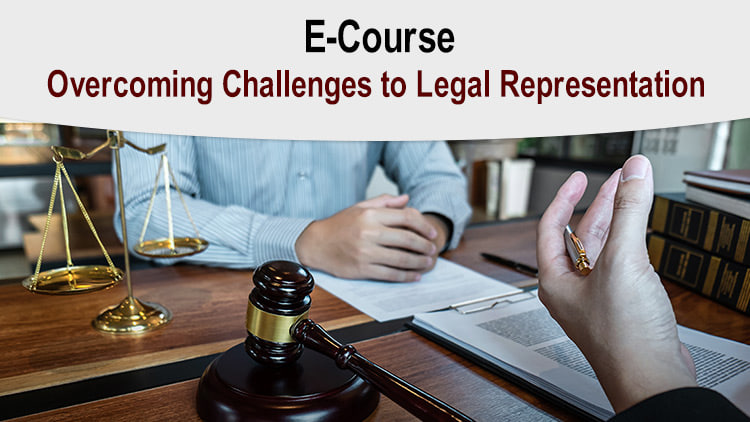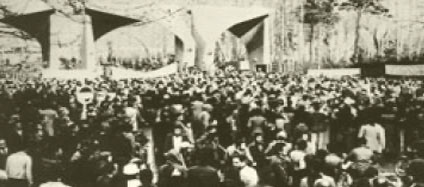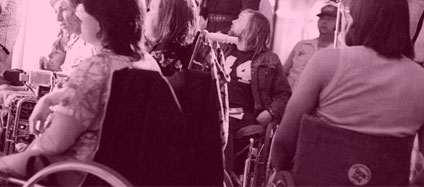This session will discuss and examine segregation of prisoners on the basis of type of crime, namely the separation of regular criminals from political prisoners and prisoners of conscience. It’s an interesting point to mention here that in Iranian law, such segregation is nowhere made explicit. Clause 69 of the regulations of the Iranian Prisons Organization, however, makes mention of prisoner segregation on account of “background, age, gender, nationality, type of crime, term of punishment, physical and psychological state, particularities of personality, capability, and education level.” Clauses of 7 and 8 of the regulations legally foresee segregation and division of prisoners on the basis of type of crime in prisons of three capacity sizes: above 800, under 300, and between 300 and 800. Per clause 7 of the regulations, segregation in prisons with a capacity over 800 shall be made up of the following: “A.) Organized and gang crime, homicide, armed robbery, breaking and entering, acid attacks, those with a criminal record. B.) Financial crimes such as fraud, the taking and giving of bribes, embezzlement, forgery and use of forged documents, breach of trust, economic sabotage, smuggling of goods and currency, theft without a record, assault and battery, adultery, sodomy, offenses against public morality and order, non-willful crimes, offenses against domestic rights and activities, issuing faulty checks, and those convicted of financial crimes considered in clause 2 of the financial crimes sentencing law. C.) Particular crimes of public concern such as espionage, actions against national security. D.) Offenses pertaining to illegal drugs.” Based on a stipulation of the clause, the body in charge of prisoner division may divide inmates in any one of the classes from the rest of their class on account of education, moral characteristics, particularities of behavior, and personality qualities. As the course progresses we’ll examine reasons for the segregation of political and conscience prisoners from regular inmates. Touching on the privileges of political and conscience prisoners vis-à-vis other inmates, we’ll discuss the issue of the definition of political crime and political prisoners before and after the Islamic revolution, subjecting the Majles’ present version to analysis and criticism.
In this session we treat the issue of confinement (or deprivation of liberty) as a form of punishment,...







